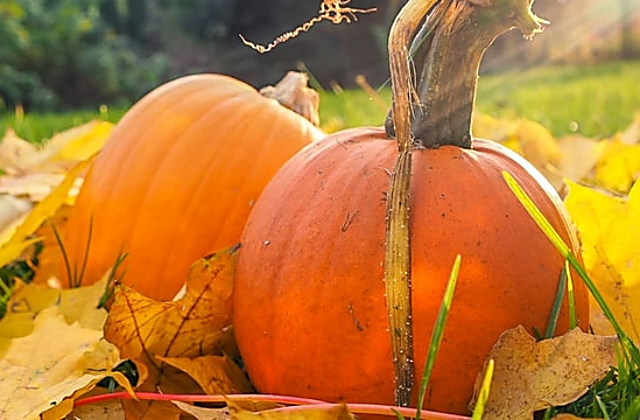Good Vegetables For Container Gardening

Good vegetables for container gardening are not hard to find. Most any variety will do as long as it is well-planted and has enough room to grow. Your first concern when planting should be the amount of sunlight your container garden gets. Sunlight is very important for growing vegetables. Different vegetables will require different amounts of sunlight. If you cannot have direct sun in most of your area, at least try to find a shady spot in your yard.
Container gardening is also better done during the cooler months because it will allow you to spread your plants out and not get as much heat from the sun. Because hot days are more common during the summer months, it may become necessary to move your garden to a shaded area of your garden to allow your veggies to stay healthy. Make sure your container gardening kit includes the proper amount of stakes to help you with this task.
Good vegetables for container gardening are those that mature fairly quickly. Some varieties may take up to two years to mature. You can save time by planting early. Choose well-matured vegetables so they will last longer and stay fresh longer. Just because a vegetable looks good in a plastic garden, does not mean it will taste as good if it is planted in your soil.
Many people like to plant tomatoes in their garden because they are easy to maintain and grow very well. Tomatoes are another crop that can be successfully planted in a container garden. However, keep in mind that these same principles that apply to other types of vegetables can also work for you with tomatoes. Keep the following tips in mind when growing tomatoes in a container garden.
First, make sure the containers you purchase are sturdy. These plants will need a firm support structure to help them grow properly. Containers are simply not capable of handling extreme temperatures or strong winds. Be sure that the containers you buy are made from materials that will withstand the type of climate you will have in your area.
Next, you want to check to make sure there are no structural defects in the container garden plan. Determine where the largest bulk of the weight will be and make sure the container garden will be able to support it. You do not want to buy containers that are heavy. They will take more time and energy to move about, especially on a windy day. This means you should choose plants that will thrive in a similar growing environment.
Finally, you want to make sure your soil is conducive for growing your vegetables. If your soil has an intense clay texture, it may not be a good choice for growing vegetables. Clay soil can be extremely harmful to some plants, especially if they are young. If you are growing plants that are going to be eaten, such as cucumbers, make sure they are either certified organic, in a non-organic state, or have been grown without using pesticides. Pesticides, while generally used to prevent soil insects from harming plants, can have undesirable side effects. Make sure your containers for growing your vegetables are free of any chemicals.
It is important to research what you are growing so you can pick the best vegetables for container gardens. Containers are a great way to grow a variety of different vegetables in limited space, but you need to remember to check the conditions of the garden regularly. Check the drainage to make sure it is working. If you are growing seeds, make sure they are protected from insects before planting them. By following these tips, you will be sure to make the most of your growing space!